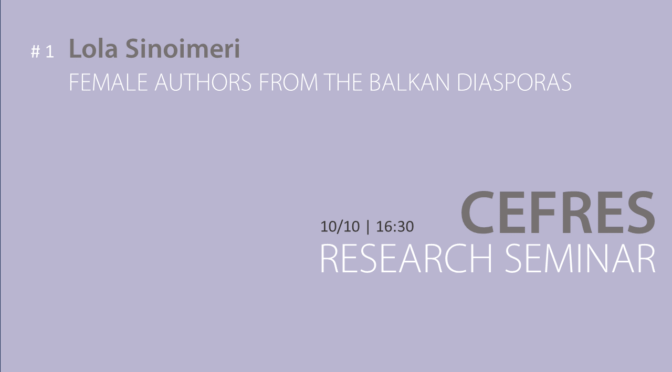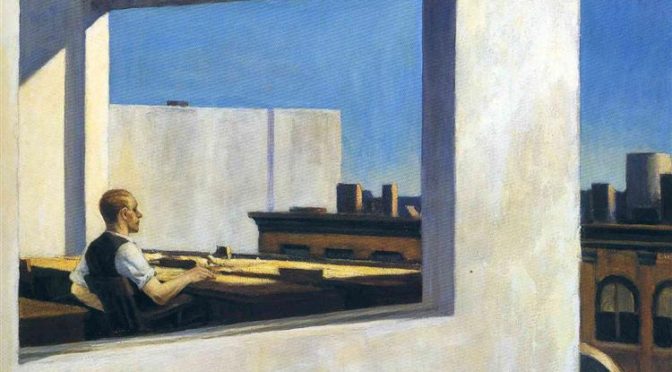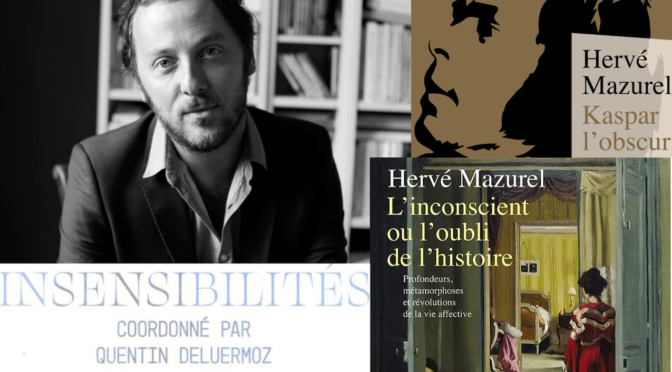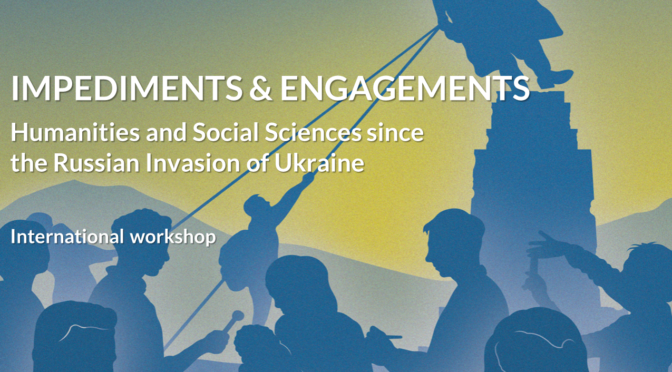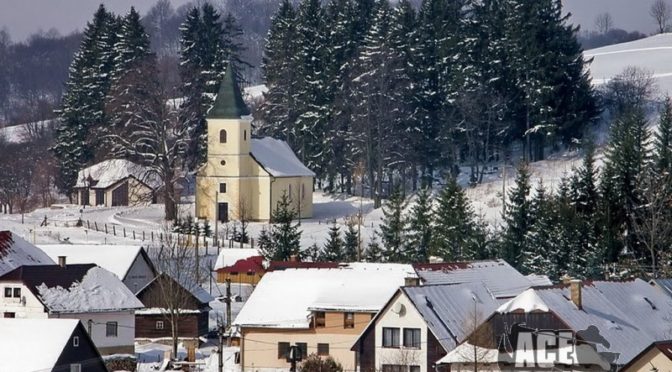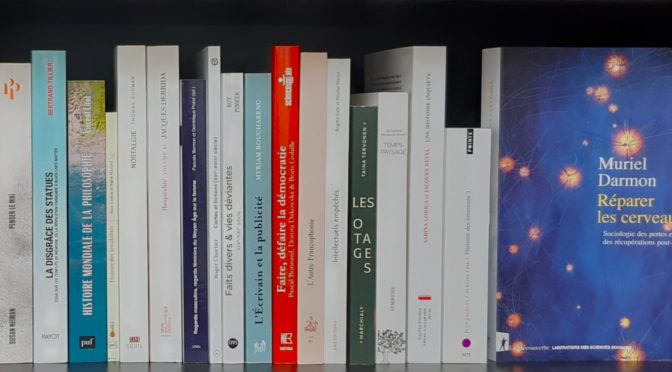Dynamics of Political Participation: Disciplinary Knowledge through the Prism of “Area Studies”
This PhD Students Workshop is organized withing the cooperation agreement signed by EHESS, CEFRES, Charles University and the Czech Academy of Sciences.
Organizers and chairs of the workshop: Lucie Drechselova (CETOBAC, EHESS), Falk Bretschneider (Centre Georg Simmel, EHESS), Mateusz Chmurski (director of the CEFRES)
Time and place: 26 September 2023 (9:00 – 18:30) – CEFRES, Na Florenci 3, Prague 1. It is also possible to participate online. For online participation, please follow this link : https://us02web.zoom.us/j/84781174864
Language of the workshop: English
Keynote by Olga Lomová, Charles University et Tomáš Weiss, Charles University.
The thesis of the workshop is available on the page of the CFP.
Schedules :
9:00-9:10 Welcome Address: Mateusz Chmurski, director of CEFRES & Falk Bretschneider, EHESS
9:10-10:10 Dialogical Keynote
Olga Lomová, Centre for Strategic Regions & Professor of Chinese Literature at the Faculty of Arts (Charles University): “The Elusive Nature of „area studies” and Czech Academic traditions”
&
Tomáš Weiss, Institute of International Studies, Faculty of Social Sciences (Charles University): “Area Studies Today: Between Academic and Political Use”
10:10-10:20 Coffee Break
10:20-12:15 PANEL 1 Area Studies through the Prism of Other “Studies”: Gender, Decolonization and Researchers’ Positionality
Discussant: Pelin Ayan Musil, Institute of International Relations, Prague
Alex Alexis, Université Paris 1 Panthéon-Sorbonne: Law from One Geographical Area to Another: Decolonizing Legal Transplants through Political Participation
Rebecca Saab Saade, EHESS: The Orientalism of Sexual Desire and the Omnipresence of the White Gaze. How Desiring Arabs Travels Between Spaces
Anna Huláková, Charles University: Women’s Political Participation in the Lower House of the Kazakh Parliament
Szilvia Nagy, CEU Vienna: Situating the Global East: Positionality in the Shadow of the Epistemic ‘Grey Zone’
12:15-13:15 Lunch Break
13:15-14:15 PANEL 2 Area Studies viewed from the Perspective of Central Europe
Discussant: Tomáš Petrů, Oriental Institute (Czech Academy of Sciences) & Faculty of Arts (Charles University)
Monika Stachová, Charles University: “O Roma hi čačes a po névo droma.” Slovak Roma in the State Socialism and Early Post Socialism
Aleš Michal, Charles University: Liberal Democratic Representation Facing New Triangle Polarization: Lessons from the Central Europe
14:15-14:30 Coffee Break
14:30-15:30 PANEL 3 Area Studies: the Challenges and Prospects of Interdisciplinarity
Discussant: Radek Buben, Centre for Ibero-American Studies, Faculty of Arts (Charles University)
Anne Goerens, Centre d’Etudes Politiques Et sociales (CEPEL), Montpellier: Towards political participation through citizen empowerment? The case of energy policy in Guadeloupe
Noelia Noya Iglesias, EHESS: A reflection on interdisciplinary bridges to consider the roles of territorial intermediation in Latin America
15:30-15:45 Coffee Break
15:45-18:15 Collective Master Class led by Antonella Romano (EHESS-Centre Alexandre Koyré): “Area Studies and Social Sciences: Place, Position, Positionality” & General Discussion
18:15-18:30 Closing of the workshop: Lucie Drechselová, CETOBaC (EHESS)
19:00 Workshop dinner for invited researchers

